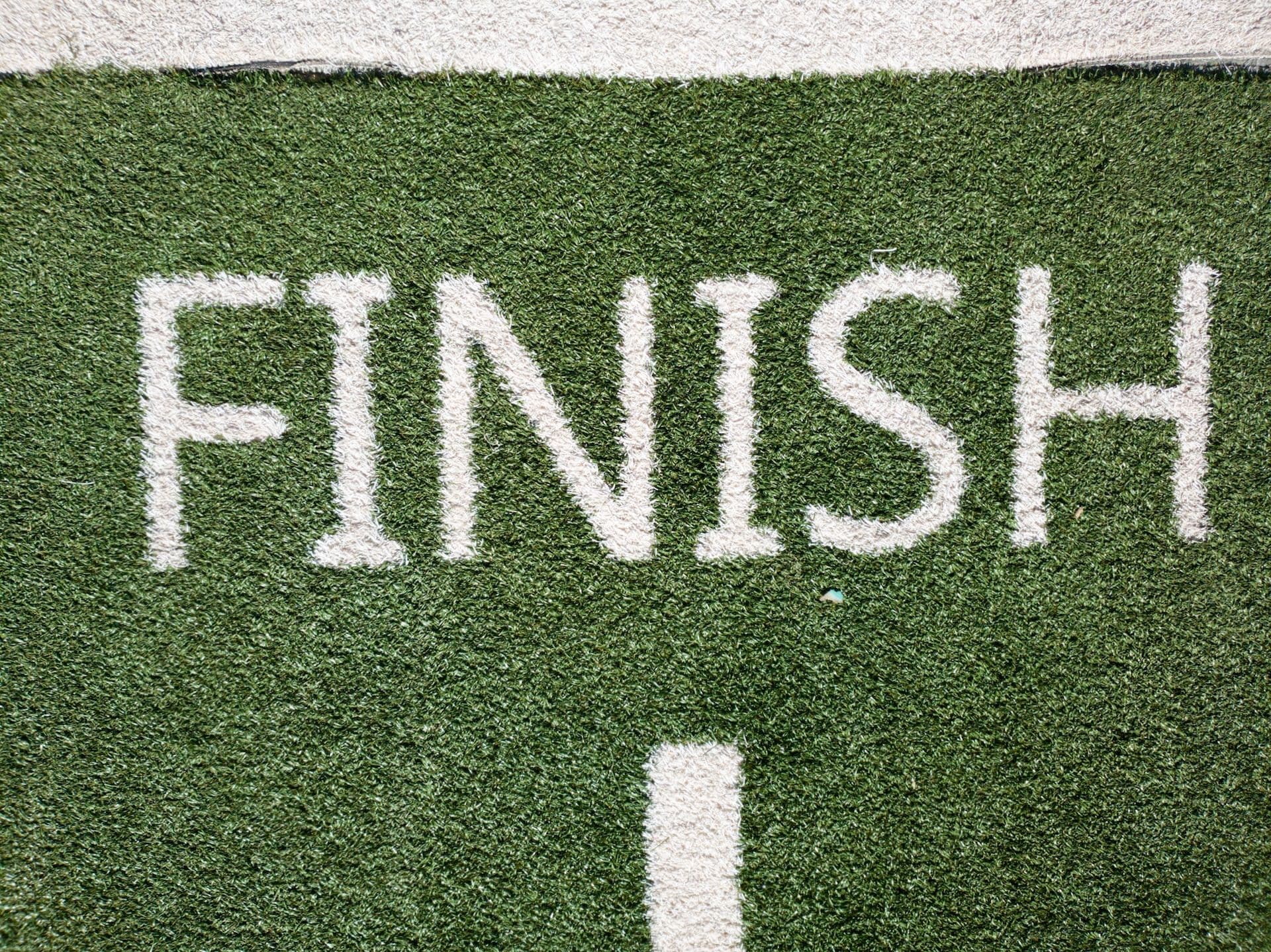Jury Trials: The Need for a Finish Line - Moss & Colella

Jury Trials: The Need for a Finish Line
Moss & Colella P.C.
A common question often asked during the pandemic is “how’s business?” For personal injury trial lawyers, the answer is simple: “Frustrating.” Victims of serious injury accidents often face alarming debt due to mounting medical expenses and the loss of their jobs. Many have no choice but to file lawsuits to cover their losses. However, since mid-March, victims have been in limbo and denied access to the courts. Jury trials have been suspended universally amongst state and federal courts, leaving litigants in a judicial abyss of adjournments, cancelations, and continuances. It is tantamount to having a home for sale, a purchaser lined up and no closing date.
The same can be said for criminal defendants. On July 21, 2020, the Federal Court for the Eastern District of Michigan issued Administrative Order, 20-AO-039. The Order extended the “excludable time” under the Speedy Trial Act, 28. U.S.C. SEC 3161 (H)(7) in criminal matters. The Court, alluding to COVID-19, cited “exigent circumstances” for suspension of jury trials claiming it would either be “impossible” to proceed, or result in a “miscarriage of justice.” The court further determined that without the postponement of jury trials, attorneys would be incapable of effectively preparing their cases for trial; adding that it would be unable to find an “adequate spectrum of jurors.” Although there was no mention of civil cases in this most recent federal proclamation, the previous Order of July 2nd indicated that civil jury trials would resume no earlier than November 2020.
On August 20, trial lawyers were given cause for encouragement when the Wayne County Circuit Court issued a press release stating that juror summons were being prepared to be sent to county residents, with trials slated to begin in mid-September. Presumably to ease the concerns of its citizens, the release specifically carved out a section dedicated to “public health and safety,” providing assurances to prospective jurors that precautions were being taken to provide a safe environment. The Court will endeavor to abide by nationally recognized COVID-19 protocols, including temperature screening of all persons entering the courthouse and strict adherence to the wearing of face coverings. In addition to a summons, jurors will also be provided with a video link highlighting the health and safety measures taken by the court, including, providing masks, gloves, and sanitary wipes. Moreover, the Court will recognize its vulnerable residents, allowing some citizens to opt out of service due to their age, medical conditions or “other hardships caused by the pandemic.” The term “hardships” remained undefined, leaving open the opportunity for jurors to challenge their mandatory attendance.
While there is some cause for cautious optimism, trial lawyers remain skeptical. The question is whether there will be a push for in-person (socially distanced) jury trials; or a more likely move to remote alternatives. The answer may lie in our backyard. “Just Horizons” started as an initiative to commemorate the National Center for State Court’s 50th anniversary in 2021. However, when the Coronavirus pandemic happened, it quickly switched gears and re-organized as a 19-member team of legal experts and professionals with a single mission: to develop recommendations to help courts “more effectively provide justice for all, including the society’s poorest, weakest and most disenfranchised people.” Michigan Supreme Court Justice, Bridget McCormack, has been selected to the Council and tasked with preparing for and shaping the role of courts for the future. Undoubtedly, this will involve the exploration of remote trials should we see a spike in cases in the fall, as many health experts have predicted. Another indicator we are heading toward virtual trials is the nascent cottage industry aimed at illustrating best practices for navigating Zoom presentations. Spam emails promoting webinars by “experts” who claim they can prepare us for “litigating from home” fill attorney in-boxes on a daily basis.
Whether socially distant or remote, courts will have to find ways to convene jury trials. Carrying out justice, resolving disputes, and fair access are the tenets of our judicial system. Thus, the timeliness of the disposition of cases is essential. Prior to COVID-19, state court litigants could be certain that cases would not exceed a 2-year mandate by the State Court Administrative Office. Today, the rule has become relaxed to the point of non-existence. Meanwhile, the chilling effect on settlement negotiations is palpable. The courts, as of now, are meaningless without a finish line. Warring parties must feel the gravity and finality of placing their disputes before their peers to promote and inspire compromise. While virtual presentations are not ideal, at the very least they reduce the prospect of a zero-sum result.
“[Trial by jury is] a privilege of the highest and most beneficial nature [and] our most important guardian both of public and private liberty.”
— Justice William Blackston (1765)
————— This article was first published in the Detroit Legal News on September 3, 2020
client review
I was referred to Moss & Colella in 2018 following a car accident. I cannot tell you how confident and safe I felt knowing that I was in good hands. David, and Ryan made sure that I always had any questions or concerns addressed in a timely manner. I appreciated their compassion, and understanding as I got emotional, and the reassurance they provided, made me feel important and valued as a client. If you need a great lawyer for an injury, this is your firm! I hope I never need to be in a position where I’d need their help again, but if I did, I’d gladly seek their services!
Michigan Personal Injury Lawyers
Moss & Colella was established in 1997 to offer personal attention to clients. The firm is recognized as a leader in personal injury litigation and will always have an attorney ready to help win your case.

